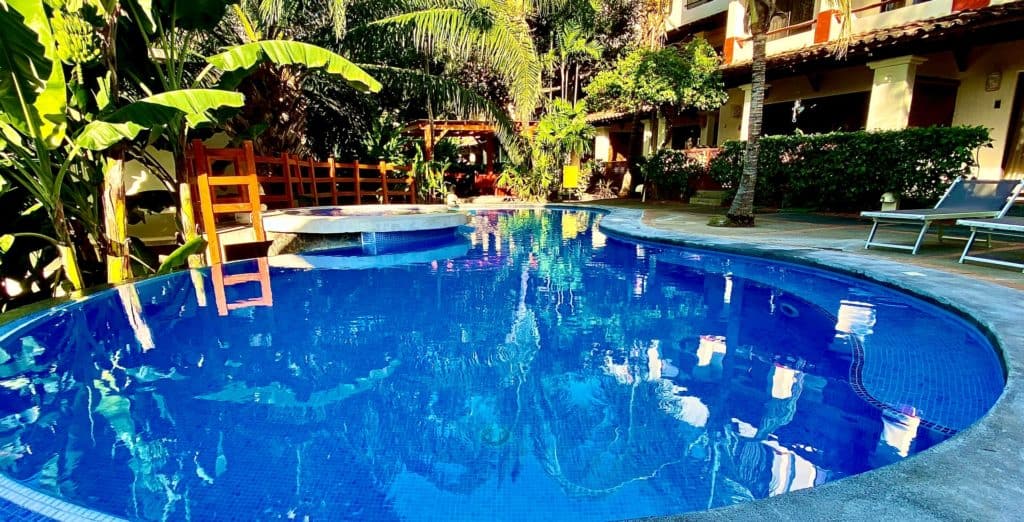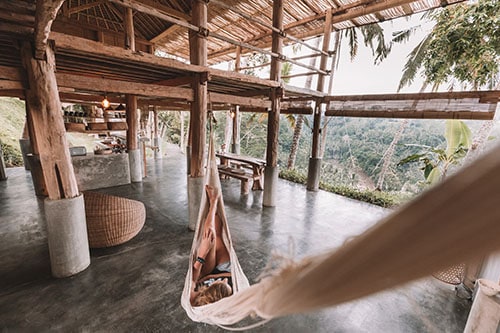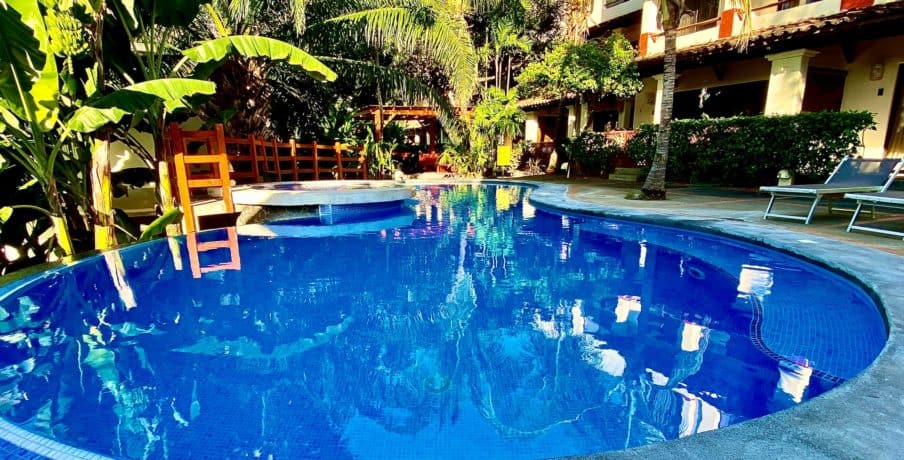
Costa Rica attracts retirees, investors, and vacation home buyers with its forested hills, coastal beaches, and stable economy. From condos in Tamarindo to farms in the Central Valley, the country’s property laws allow foreigners to own land with the same rights as locals, except in specific coastal areas.
With 2.5 million tourists annually, properties in regions like Guanacaste or the Central Pacific generate rental income or appreciate over time. Yet, concerns about scams and inflated prices prompt a key question: How can you purchase real estate in Costa Rica without risks?
With decades of experience guiding newcomers, this guide details the steps, professionals, and precautions needed to invest securely, helping you turn your property vision into reality.
Why Costa Rica Appeals for Real Estate
Costa Rica’s property market benefits from its consistent government, tourism growth, and clear ownership rules. Foreigners face no restrictions on buying land, except in the Maritime Zone near beaches, making it straightforward to purchase homes, lots, or commercial spaces. Areas like Guanacaste’s Playa Flamingo or the Central Pacific’s Manuel Antonio draw investors with steady rental demand, while the Central Valley’s San Ramón offers affordable homes for retirees.
A $150,000 property purchase can qualify for an Investor Residency visa, providing legal stay and access to healthcare and banking. Risks like fraudulent titles or overpriced deals exist, but working with reliable professionals and researching thoroughly reduces these concerns, setting the stage for a solid investment.
Understanding Costa Rica’s Property Market
Prices for real estate in Costa Rica depend on location, tourism demand, and infrastructure. In Guanacaste’s coastal towns like Nosara, homes with ocean views cost $200,000 to over $1 million, while Central Valley properties near Atenas start at $75,000.
The Central Pacific, including Jacó and Dominical, offers beachside homes from $150,000 to $600,000, balancing active communities with investment potential. Less tourist-driven areas like Ojochal in the Southern Zone provide quieter settings at lower prices, suiting those seeking seclusion. Without a centralized listing database like the U.S. MLS, local agents with extensive market knowledge are critical for finding reasonable deals.
Corruption, while present in areas like permitting or zoning, does not heavily impact standard real estate deals when proper steps are followed. The National Registry’s Folio Real system allows title verification, ensuring clear ownership. Scams typically involve unregulated agents or foreigners posing as experts, inflating prices or selling unapproved lots.
Since 2019, agents must register with SUGEF, Costa Rica’s financial regulator, to curb fraud. Confirm an agent’s SUGEF status or membership in the Costa Rican Real Estate Association (CCBR) to ensure trustworthiness.
Steps for a Secure Property Purchase

Buying property in Costa Rica takes 30–60 days and follows a clear process, provided you prioritize verification. Start by defining your purpose—retirement home, rental investment, or vacation property—and research regions that fit your budget and preferences. Coastal areas like Guanacaste appeal to rental investors, while the Central Valley suits retirees wanting cooler climates and city access. With your goals set, follow these steps to protect your purchase.
Hire a SUGEF-registered real estate agent with a decade or more of local experience, preferably affiliated with CCBR or the National Association of Realtors (NAR). A capable agent understands market trends, negotiates fair prices, and links you with dependable professionals. Avoid agents pushing exclusive listings or rushing decisions, as they focus on commissions over your needs.
Next, engage an independent real estate attorney who doubles as a notary public, as only notaries can draft and register transfer deeds in the National Registry. Your attorney checks the property’s title through the Folio Real system, ensuring no liens, mortgages, or ownership disputes, and verifies boundaries against the cadastral map.
Verification is essential. Beyond title checks, hire a licensed surveyor to confirm property dimensions and an inspector to evaluate structural conditions, particularly for older homes or areas with heavy rainfall. In the Maritime Zone, within 200 meters of the high tide line, foreigners cannot own land outright without five years of residency. Options include leasing concession land for up to 99 years or owning 49% through a Costa Rican partner or corporation. An escrow service, though not required, secures your deposit (typically 10%) until all checks are complete.
Once satisfied, negotiate the sale price with your agent and attorney, then sign a purchase agreement (Contrato de Compra-Venta). Closing costs, including a 1.5–2.5% transfer tax, notary fees, and stamp duties, range from 2–5% of the purchase price.
The notary registers the deed, transferring ownership. Creating a Costa Rican corporation (SRL or SA) to hold the property streamlines estate planning, reduces liability, and offers tax advantages, such as lower rental income taxes, depending on your home country’s laws. Non-residents rarely secure local mortgages, so buyers typically use savings, home equity loans, or retirement funds, though residents can explore loans from banks like Banco Nacional.
Avoiding Scams and Unreliable Agents
Scams often involve foreigners claiming expertise without proper credentials, overcharging, or selling fraudulent properties. For example, a retiree nearly paid $165,000 for a Dominical property listed at $120,000, unaware the seller—an expat—added a $45,000 commission. Such cases highlight the importance of vetting anyone involved in your purchase. Recent arrivals or unregulated agents often lack the legal or cultural knowledge to handle complex deals, and some operate without residency status.
To safeguard your investment, thoroughly vet agents and consultants. Request references from past clients, preferably other foreigners, and contact the Association of Residents of Costa Rica (ARCR) to verify their reputation. Confirm SUGEF registration and CCBR/NAR affiliations. Search their name online, as some use aliases to avoid negative reviews, and consider a background check if concerns arise.
Ensure they have lived in Costa Rica for at least 10 years and speak fluent Spanish to negotiate effectively with locals. Verify their residency card (cedula), as those without legal status lack accountability. Question deals promising high returns, such as unapproved lots or speculative projects, and inspect properties in person during both dry and rainy seasons to assess conditions.
Strategic Planning for Your Purchase
Careful timing and budgeting strengthen your investment. View properties during the dry season (December–April) for clear land assessments, but visit in the rainy season (May–November) to check for flooding or drainage issues. Budget for ongoing costs: a 0.25% annual property tax, maintenance (especially for coastal homes), and rental management fees (10–20%) if leasing. Maritime Zone properties require annual concession fees (3–5% of appraised value) and municipal approval, so consult your attorney.
Owning property does not automatically grant residency, but a $150,000–$200,000 investment qualifies for an Investor Residency visa, processed in 6–8 months. You must spend at least one day per year in Costa Rica to maintain it, and permanent residency, with work permits and healthcare access, becomes available after three years. Tax planning matters—capital gains on primary residences are often exempt in Costa Rica, but check your home country’s rules. Non-residents face higher mortgage rates, so plan financing early.
Key Steps for a Safe Real Estate Purchase
The table below summarizes critical steps and precautions for buying property in Costa Rica, ensuring a secure investment.
| Aspect | Guidance |
|---|---|
| Selecting an Agent | Choose a SUGEF-registered agent with CCBR/NAR ties and 10+ years’ experience. |
| Hiring an Attorney | Engage an independent notary public to verify title and register deeds. |
| Verification Process | Check title via Folio Real, confirm boundaries, inspect structural conditions. |
| Maritime Zone Rules | Understand concession leases or local partnerships for coastal properties. |
| Avoiding Scams | Confirm references, residency, and Spanish fluency; inspect properties in person. |
| Ownership Structure | Use a corporation for tax savings and liability protection. |
| Financial Planning | Budget 2–5% for closing costs, 0.25% for property tax, and maintenance. |
| Residency Options | Invest $150,000+ for Investor Residency; consult an immigration attorney. |
Building Your Future in Costa Rica
Costa Rica’s property market offers retirees, investors, and vacation home buyers a chance to own land in a tourism-driven, stable country. Whether you seek a rental condo in Jacó, a retirement home in Atenas, or a coastal retreat in Dominical, success hinges on careful verification, trusted professionals, and informed planning. By avoiding unqualified agents, confirming titles, and navigating local laws, you can secure a property that delivers lifestyle and financial value.

